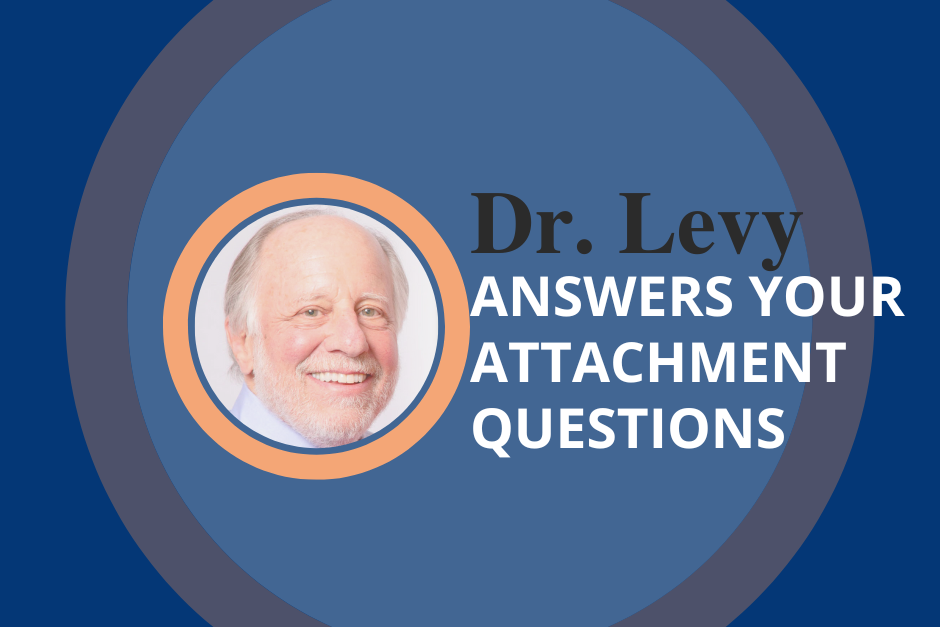Each month, Dr. Levy answers a common question he has received from professionals, caregivers and parents during three decades of pioneering work on attachment theory, treatment and training.
People tend to have an idealized image of the holiday season in their mind – one of close connections and loving togetherness with family and friends. But the reality is that the holidays are an emotional roller coaster for many.
How individuals deal with their family relationships and cope with family gatherings and social get-togethers has a lot to do with their attachment style. Depending on their life experiences and attachment patterns, members of your family may feel frustrated, insecure, disappointed or resentful about not attaining a level of closeness with others that they are longing for. Or, conversely, they may feel overwhelmed and uncomfortable with what they perceive as unreasonable demands for affection and connection. Either way, the holidays are frequently a time of high anxiety that can lead to gatherings that are challenging for everyone involved.
You can help your loved ones cope with the emotional challenges of the season by striving to be a secure base to help alleviate some of their anxiety.
The first step to becoming a secure base is to be aware of your own attachment patterns and the emotions they may trigger at this time of year.
If you are a securely attached adult – who is more calm and confident and at ease with intimacy in relationships and better able to cope with life’s challenges and hardships – it may come naturally to you to act as a secure base and help others cope. But if you have your own attachment issues, take the time to identify your patterns and emotional triggers. With awareness, you will be better able to regulate your reactions and behaviors so that you can remain calm and cope with your own feelings. This will allow you to better focus on your loved ones and respond supportively to their emotional needs.
Here are some key elements of providing an emotional base in the caregiver/child relationship, that can also foster connection, trust and security in your family relationships during the holidays:
- Be emotionally available – This comes with being self-aware and not personalizing someone’s behaviors. If you don’t take personally what your relative says or does, you can be more caring, emotionally open and accessible.
- Be sensitive and attuned to others’ feelings – Pay attention and make an effort to understand the feelings your loved one is struggling. Strive to respond with empathy, patience and love.
- Be responsive – You don’t have to ignore bad behaviors, but you don’t have to be reactive. Instead, respond appropriately, firmly and consistently, but with love.
- Be helpful – If you know that a family member struggles this time of year, consider helping them problem-solve to alleviate their anxiety so that they can be their best selves during the upcoming gatherings.
As a secure base, you are there for your family in a supportive way that allows other people to have their feelings. Strive to acknowledge and validate those feelings, and respond in a non-critical, loving and comforting manner. Your efforts may be rewarded with a happier holiday for everyone.
Previous articles addressed questions about the Seven Functions of Secure Attachment, the Dependency Paradox, the importance of talking about trauma, the First Year Attachment Cycle, traits of successful and healthy adult relationships, the importance of hope as a part of treatment for trauma, the core concepts of child development, parenting strategies for deescalating conflict and the importance of touch to fostering attachment.


